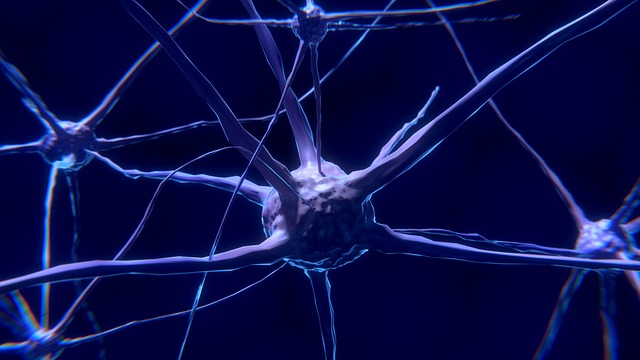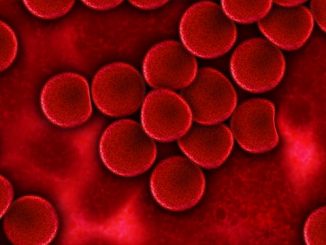
For the longest time, scientists have yet to determine what specifically causes aging. Two of the most popular theories are the damage concept, where accumulation of damage over time causes biological system to falter. Or the program ageing concept, where internal processes are involved which eventually leads to bodily decline.
Now, a newly released study suggests that it is caused by a major organ in your body: your brain. To be more precise, the hypothalamus region of your brain, an almond-shaped area responsible for regulating temperature and controls sex drive, thirst, hunger, sleep cycle, emotions, and other homeostatic activities.
The study was performed by Dongsheng Cai and his team at the Albert Einstein University over at New York. This was the same team who discovered in 2013 that reducing inflammation in the brain of mice decreases their aging process. Now, the same researchers found that stem cells found in the hypothalamus have a role in the ageing process and tested how deep their influence goes.
First, they observed that the mice’s stem cells in the hypothalamus create new neurons during early life, but start losing them when they’re 10 to 11 months old, considered as middle-aged for the animals. Fast forward to them being two years old – about 70 years old when converted to human age – and the stem cells are nearly non-existent.
To test whether this particular loss does indeed causes aging, and not attributed to the two theories mentioned earlier, the researchers introduced a toxin which destroyed 70 percent of stem cells in a group of mice. The result was remarkable. Not only did the mice die a few months earlier than the other groups, but their cognitive abilities, physiological state, and social behavior took a nose-dived as well.
“Behaviorally, mice aged faster when these cells were removed during early ageing,” Cai told The Guardian. Their next step was introducing stem cells taken from newborn mice and place them into middle-aged mice to see if the opposite could be achieved. At first, the introduced stem cells were destroyed, attributed to the inflamed hypothalamus present in aging mice.
The researchers then injected a genetically-engineered neural stem cells capable of withstanding the inflammatory environment, according to The-Scientist. The result was that the aging mice performed better on aging-related tests, as well as enjoyed a 15 percent longer lifespan. If applied on humans, those numbers would extend someone’s life by about a dozen more years.
Looking further into the stem cell’s role, it seems that molecules known as microRNAs produced in the hypothalamus, reduce inflammation and biological stress. How they do so remains still unknown.
If discovered, it could potentially lead to the development of drugs that could imitate the age-reversing effects observed from the mice. Or perhaps a therapy involving stem cell brain implants would be the way to go. Either way, experts believes that science can achieve this kind of therapy in the span of 30 years.
- Bulenox: Get 45% to 91% OFF ... Use Discount Code: UNO
- Risk Our Money Not Yours | Get 50% to 90% OFF ... Use Discount Code: MMBVBKSM
Disclaimer: This page contains affiliate links. If you choose to make a purchase after clicking a link, we may receive a commission at no additional cost to you. Thank you for your support!



Leave a Reply